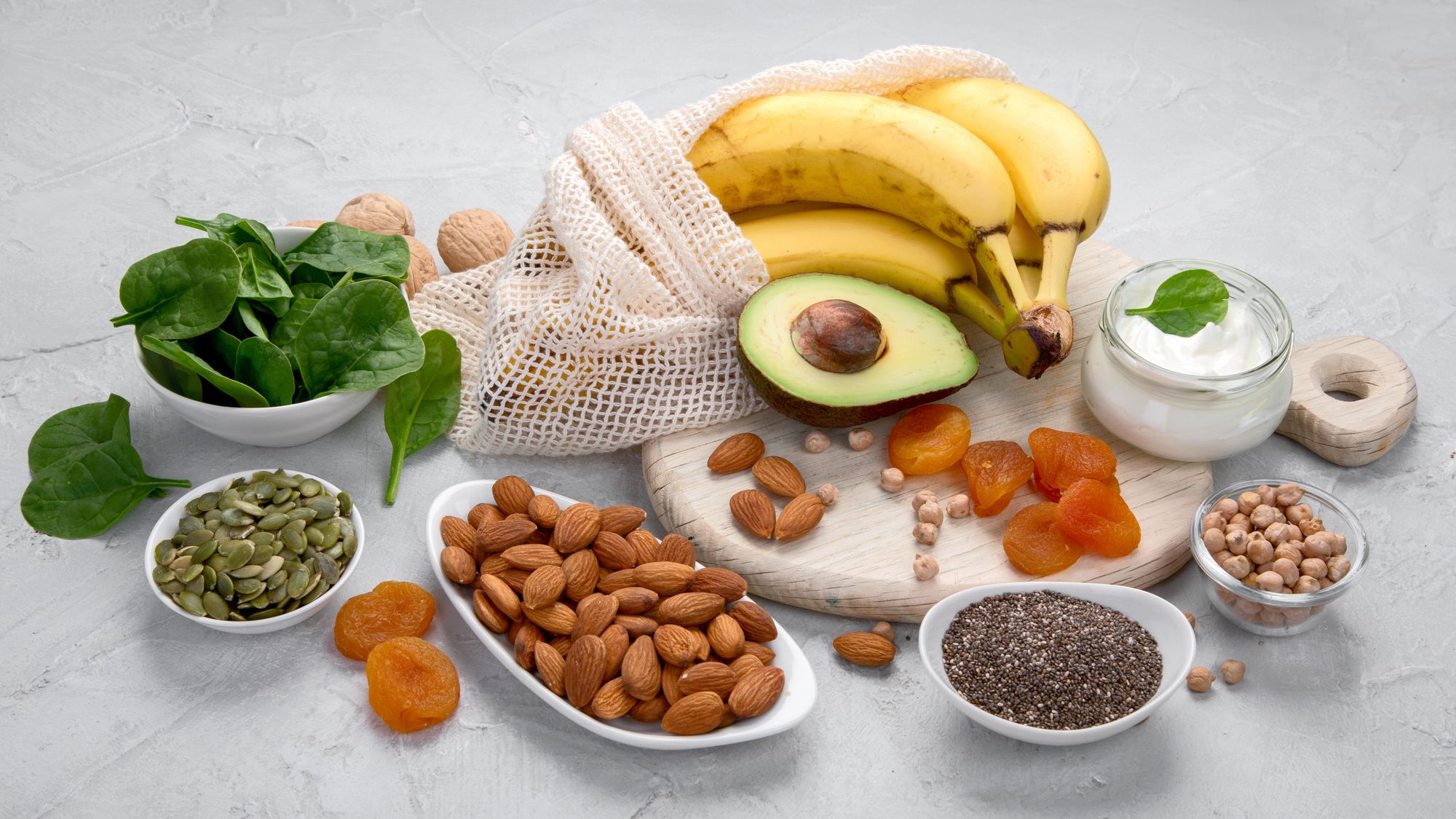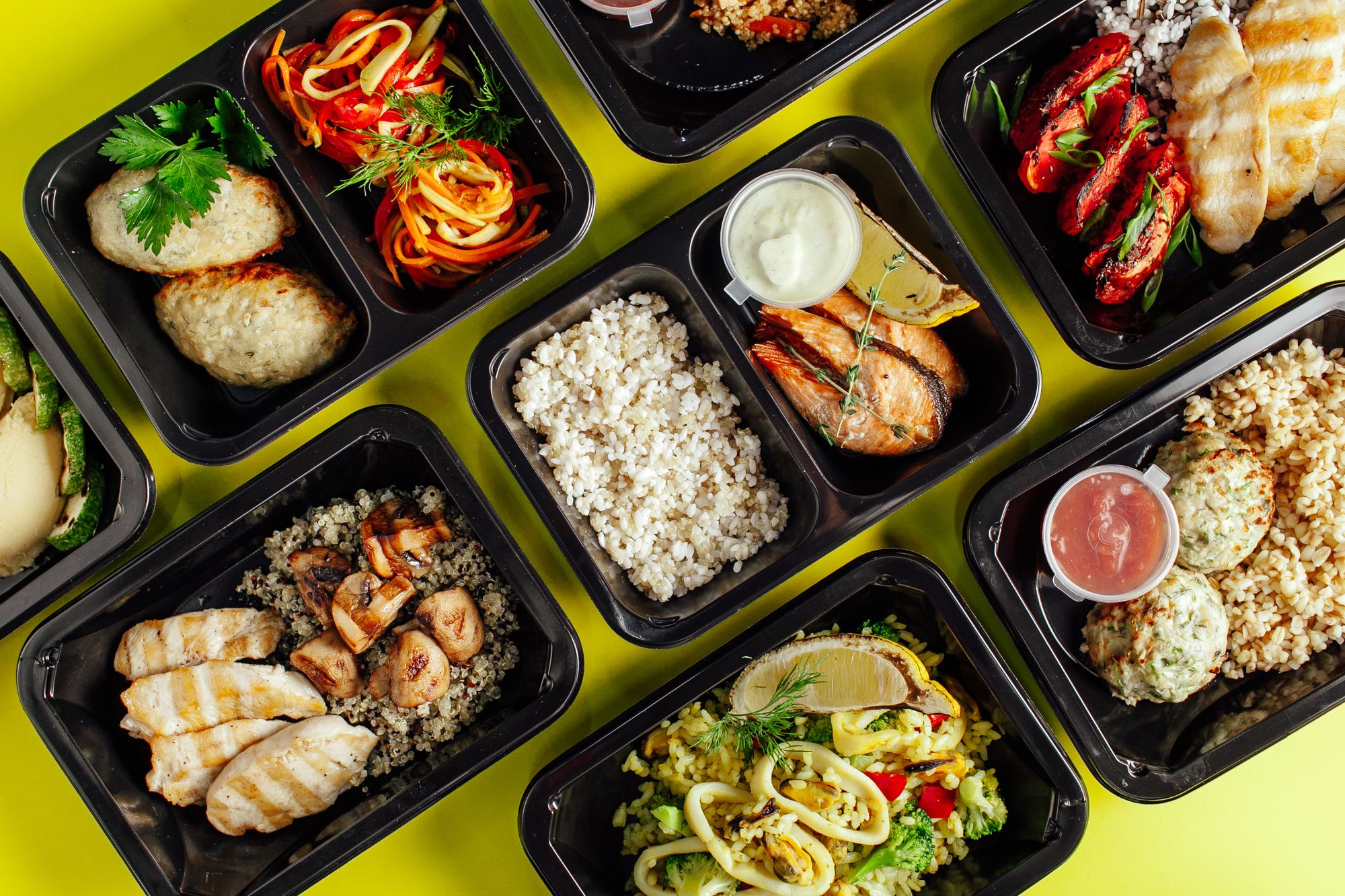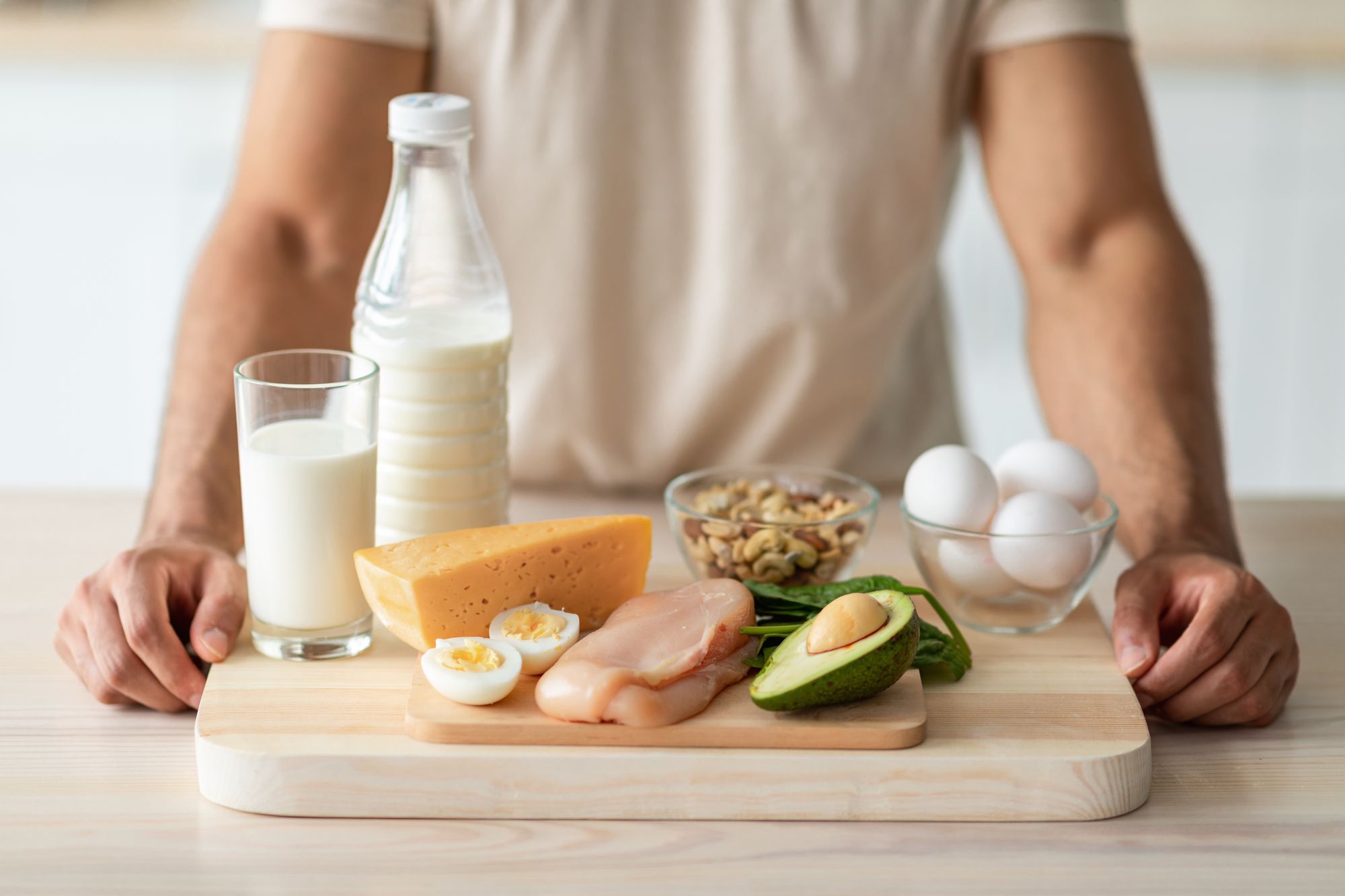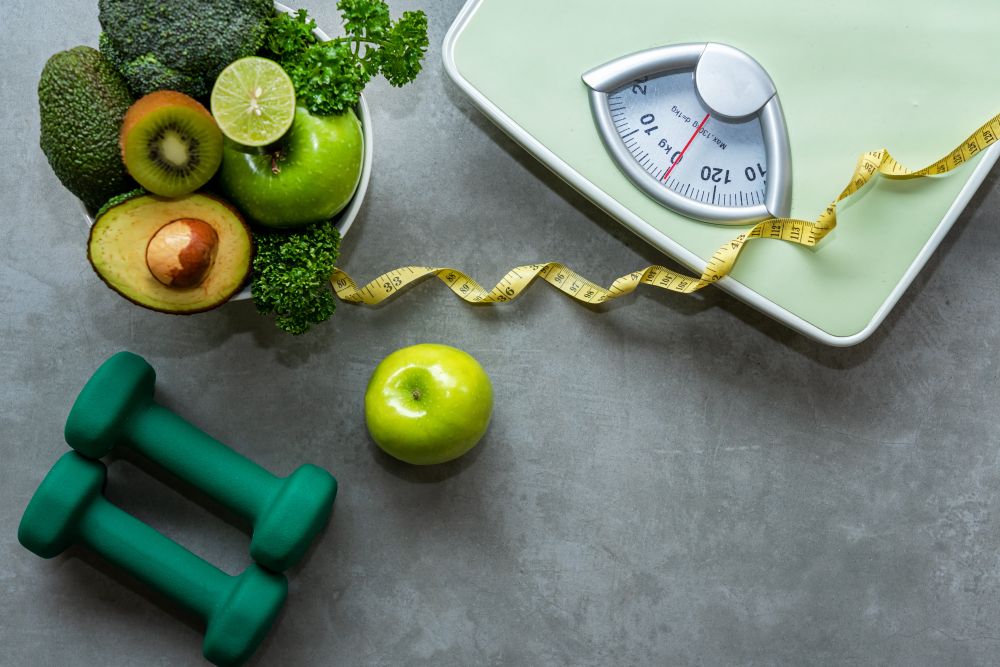Losing five pounds in the next 30 days might seem challenging, but it's definitely achievable. While quick weight loss isn't effortless, with expert advice, you can certainly meet your weight loss target within a month. The key is discipline, consistency, and understanding your body's needs. To help, we consulted a registered dietitian and a nutrition coach for their prime strategies on shedding five pounds in a month.
These professionals emphasize that the journey to weight loss doesn't require harsh diets or strenuous workouts. Instead, they advocate for making small, healthy lifestyle changes that guide you towards sustainable weight loss, leading to a leaner and healthier version of yourself.
Tracie Haines-Landram, CSCS, a certified strength and conditioning specialist and nutrition coach at Barbend, explains to ETNT that weight loss fundamentally hinges on caloric balance. To lose weight, particularly fat, burning more calories than you consume is essential. She advises a dual approach: consuming fewer calories by making healthier food choices and increasing calorie expenditure through physical activity.
If you're eager to shed those persistent extra pounds without extreme methods, continue reading for expert advice on how to lose five pounds in 30 days.
1) Eat Mindfully While Maintaining a Calorie Deficit

Integrate mindful eating with a balanced diet for an easy and effective approach to enhancing your health. Tracie Haines-Landram suggests that by practicing portion control and mindful eating, you can achieve a daily caloric deficit of approximately 350 calories. This might seem daunting, but it translates to just a reduction of around 125 calories per meal across three meals. The key to implementing these minor adjustments is through mindful eating, which helps in appreciating your meals more, understanding when you're full, and avoiding overeating.
2) Ensure a Balanced Intake of Macronutrients

Aim for a balanced consumption of proteins, fats, and carbohydrates to provide your body with the right nutrients for weight loss. Tracie Haines-Landram advises, even while maintaining a daily calorie deficit, to ensure you're consuming a balanced mix of carbohydrates, proteins, and fats. This balance is crucial for stabilizing blood sugar, preserving muscle, and sustaining energy during workouts. Prioritize whole, minimally processed foods such as fruits, vegetables, lean proteins, whole grains, and healthy fats. These nutrient-rich choices supply vital vitamins and minerals without an overload of calories.
3)Drink Plenty of Water and Get Your Fiber

Maintaining good hydration and consuming enough fiber are key to feeling full and avoiding needless snacking. Tracie Haines-Landram emphasizes the importance of staying hydrated, noting that thirst can often be misinterpreted as hunger, which might lead to unwarranted snacking. Drinking water aids in digestion and can help curb overeating. Additionally, incorporating fiber-rich foods like fruits, vegetables, and whole grains into your diet can enhance satiety and support a healthy digestive system.
4) Monitor How Much Food You Eat

Keeping a record and measuring your food consumption aids in comprehending your eating habits, thus facilitating choices that support your weight loss objectives. As Moody points out, maintaining a calorie deficit is vital for weight loss. To efficiently monitor your food and ensure you're eating adequately without overindulging, it's important to weigh and measure your portions. Tracking your intake is the most reliable method to achieve this.
5) Have Breakfast Within 90 Minutes of Waking Up

Start your day with a nutritious, high-protein breakfast within 90 minutes of waking to boost your energy and pave the way for a day of healthy eating. Moody highlights the importance of not skipping breakfast, noting that it can influence your hunger levels for the rest of the day. Eating soon after waking up can significantly simplify weight loss efforts by helping to manage hunger throughout the day.
6) Create a Regular Exercise Schedule

Discover an exercise routine that aligns with your lifestyle, whether it involves brisk walks, vigorous runs, or intense workouts, to ensure steady progress. Moody emphasizes that while diet plays a crucial role in weight loss, a well-planned exercise regimen can facilitate losing five pounds in 30 days. He suggests a balanced approach of both strength training and cardio, stressing the importance of having a structured plan. Without a clear schedule, it's easy to become demotivated. To stay on track, he recommends using a reliable fitness app, consulting a trainer, and scheduling workouts in your calendar to dedicate time to your fitness goals.
7) Select Meals and Snacks High in Protein

Incorporate protein-rich foods like eggs for breakfast or nuts for snacks to fuel your body and curb hunger. Destini Moody, RDN, a registered dietitian and sports dietitian at Garage Gym Reviews, explains the importance of protein in creating a sense of fullness. She notes that meals or snacks lacking in protein can lead to overeating. To manage hunger effectively, especially while on a calorie deficit for weight loss, she recommends opting for protein-rich alternatives like string cheese or beef jerky instead of chips or granola bars. Additionally, she advises focusing on the protein content in meals and combining plant and animal proteins for enhanced nutrition.

